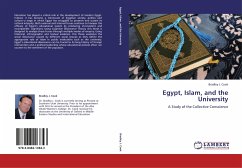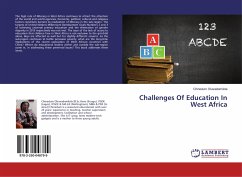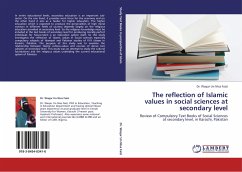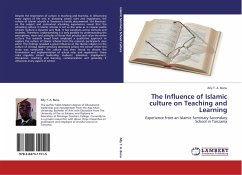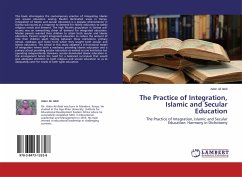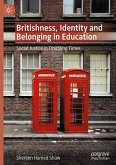Education has played a critical role in the development of modern Egypt. Indeed, it has become a microcosm of Egyptian society, politics and culture--a stage in which Egypt has struggled to preserve and sustain its cultural integrity. Both external and internal forces continue to hamper the efficacy of Egypt s educational system by producing inconsistent and incompatible cognitions. Using Cognitive Dissonance Theory, this thesis is designed to analyze these forces through multiple modes of enquiry. Using historical, ethnographic and textual evidence, this thesis examines the social dissonance caused by different social groups as they define the appropriate role of Islam in public institutions such as the university. Egypt s educational dissonance can be traced to its long history of foreign intervention and a political leadership whose educational policies often run counter to the sentiment of the populace.

